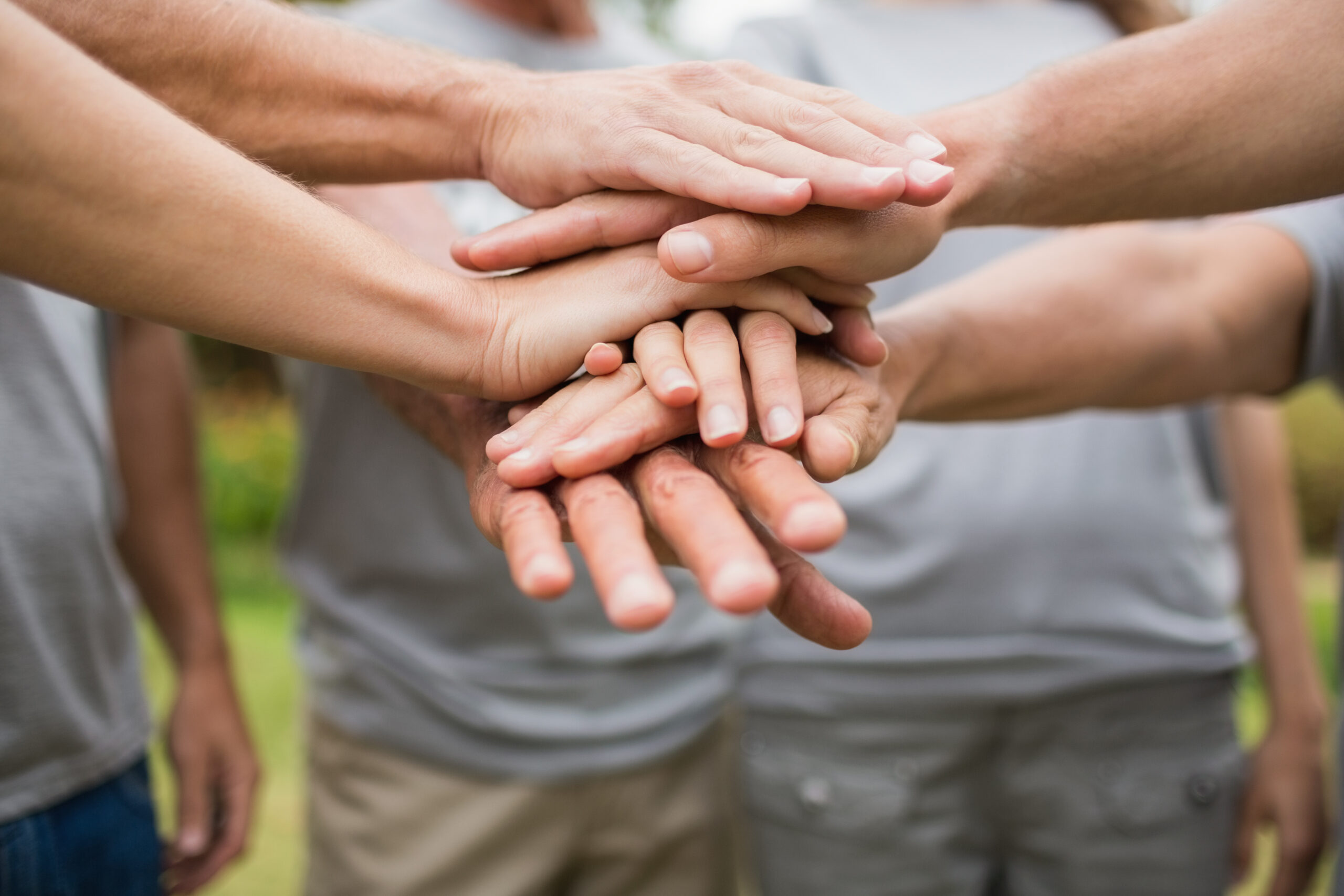Mental health and addiction services can seem out of reach for many people, especially in underserved areas. Qualified professionals and specialists may not offer services in certain regions, transportation can be a significant inhibitor, and a lack of education and resources can prevent people from optimizing their mental health long before they turn to things like drugs and alcohol.
Community mental health outreach programs are tackling the increasing costs and chronic mental health prevalence throughout the United States, both of which fall disproportionately on minorities, by implementing new models to deliver adequate mental health and addiction services.
If you are struggling with mental health issues, it can be difficult to find appropriate help sometimes. Thankfully, more institutions are offering community mental health outreach, which makes it possible for underserved areas to receive mental health and addiction services.
What is Community Mental Health Outreach?
Community mental health outreach programs take different forms for various demographics. School programs can help provide vital education for younger individuals, while things like mobile clinics and home visits can provide aid to families in need.
Mobile Clinics
Mobile clinics are oversized vehicles, often large vans and trucking units, which can reach different underserved areas. These mobile clinics can drive and park where needed, offering diagnostics and acute treatment for mental health and addiction needs.
Research has found that mobile clinics are perhaps the most successful way to reach underserved areas, delivering services right where they are needed most and adapting the services offered to meet local community needs.
Mobile clinics can:
- Do directly into communities and offer urgent care
- Provide preventative mental health and addiction screenings
- Initiate management plans
- Provide education on mental well-being, stress management, and self-care
- Facilitate referrals or home visits where necessary
Mobile clinics are a viable economic development, too; mobile mental health and addiction services provide significant cost savings by improving overall health outcomes in underserved regions. Moreover, communities where transportation is limited, and people rely on public transportation can enjoy improved accessibility with mobile clinics that can strategically park in areas next to public transportation or that can be easily reached on foot.
School Programs
School programs offer a chance to provide underserved communities with educational outreach. Studies have confirmed that school programs offered in underserved areas can help:
- Reduce illegal drug use
- Reduce drinking
- Reduce smoking
- Reduce absences and poor school performance as a result of drugs
- Reduce the risk of addiction
These drug prevention school programs can focus on things like enhancing problem-solving skills, improving self-esteem, and providing stress and anxiety-controlling activities that target children before they develop expectations about drug or alcohol use.
Facts provided during these programs can improve physical and mental well-being.
Home Visits
Home visits make medical and mental health treatment readily available in the home. In some countries, home visits have already become an integral part of the national healthcare system, with mobile units and volunteers going door to door to provide annual checkups.
Even annual checkups can bring mental health and addiction services and resources to underserved areas by establishing baselines and asking pertinent questions that paint a picture of where there might be an increased need for:
- Coping skills
- Stress management techniques
- Education about mental health and addiction
- Rehabilitation recommendations
Community Partnerships
Studies reveal that community partnerships make it easier to provide mental health and addiction services to those areas in need, primarily with regard to enhanced communication, better resource provisions, and improved education.
Community partnerships that lend themselves to services like mobile clinics are particularly effective when it comes to managing mental health and addiction. One of the biggest barriers to receiving mental health treatment or addiction treatment remains the social stigma. People who struggle with mental health problems don’t get the treatment they need because there’s a lack of available specialists in their area or because they don’t want others to see them.
Community partnerships that provide mobile clinics, as well as home visits, can make it easier to discreetly talk about issues relevant to mental well-being or addiction and receive treatment.
Facilities like Ocean Coast work hard to offer community partnerships for clients by way of integrated support groups, aftercare programs, and ongoing engagement. Such partnerships provide clients with an easy transition back to their regular life after addiction treatment, with ongoing social support.
Reach out to our team today to learn more about our outreach programs and how we can help with mental health treatment.





